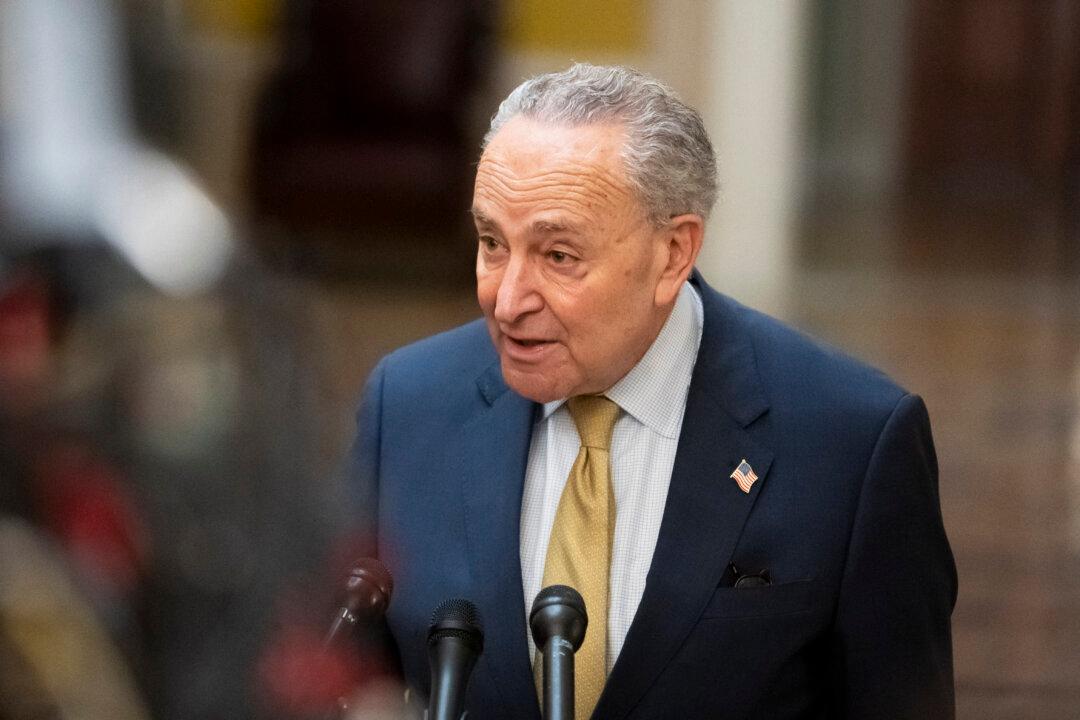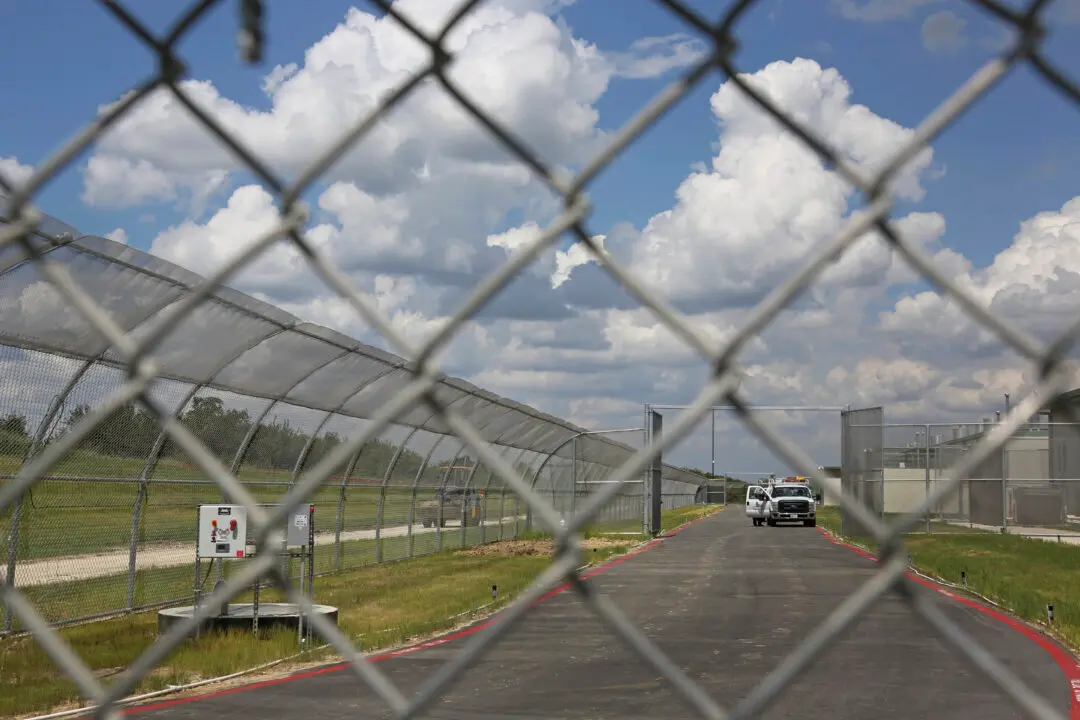Senate Majority Leader Chuck Schumer (D-N.Y.) made the first procedural move on Jan. 11 that would allow for a measure to prevent a government shutdown to pass.
Mr. Schumer filed cloture on what is called a “shell bill,” which is a bill that gets changed into something else. Here, the measure is a House-passed bill related to hunting whose text will be replaced with a continuing resolution (CR) to keep funding the government at current levels. A shell bill allows for procedural hurdles to be cleared while the details of the final text of the bill are being worked out. This allows for the final text to be passed in a final vote with the procedural votes already done.





